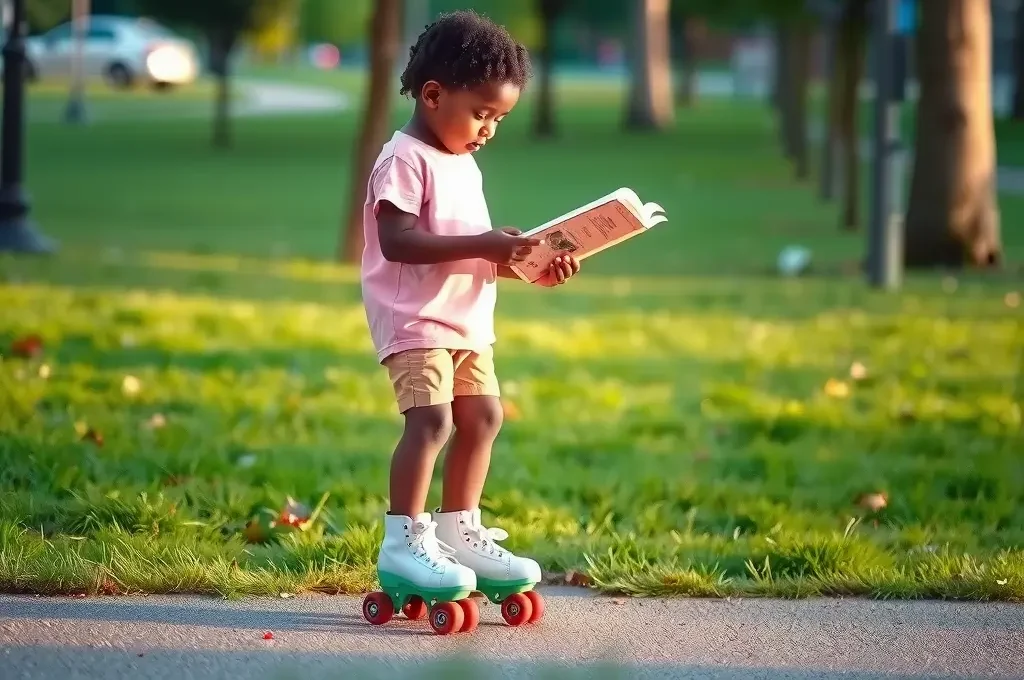Unit A1 Upstairs, The Waterloo, 34 Upper Waterloo Road

Supporting Developmental Milestones in Toddlers: Speech, Motor Skills, and Early Education
By the time a child reaches age three, 85% of their brain is already developed, making early milestones crucial for long-term growth. As a parent or caregiver, you play a vital role in nurturing your toddler’s journey through speech, motor skill development, and early education. Understanding and supporting these developmental milestones in toddlers is key to ensuring they thrive in all areas of life. In this blog, we’ll explore how to support speech development, motor skills, and early learning, offering practical tips along the way.
Table of Contents
Why Developmental Milestones in toddlers Matter
Developmental milestones are essential markers of progress in a toddler’s physical, cognitive, and emotional growth. These milestones help parents and healthcare professionals, such as a paediatrician, identify areas where a child may need additional support. Early intervention can make a significant difference in addressing challenges and helping children meet their full potential.
In this article, we will focus on three critical aspects of toddler development: speech, motor skills, and early education. Let’s dive into how you can foster growth in each of these areas.
Speech Development in Toddlers
Typical Speech Milestones
Speech development is one of the most exciting aspects of watching your toddler grow. By age two, most toddlers begin to understand simple instructions, use two-word sentences, and have a vocabulary of about 50 words. By age three, they typically start to form longer sentences and engage in more interactive communication.
Common Speech Challenges
Some toddlers may experience delays in speech development, which can cause concern. These delays may be due to various factors such as hearing issues, limited verbal interaction, or other developmental challenges. It’s essential to consult a paediatrician near you if you notice your child is not meeting typical speech milestones.
Practical Tips for Supporting Speech Development
To encourage speech development in toddlers, try the following strategies:
For example, a study showed that toddlers who participated in daily reading and conversation activities experienced improved speech milestones compared to those who had limited verbal interaction at home. This highlights the importance of being proactive in your child’s language development.
Motor Skills Development
What Are Motor Skills?
Motor skills refer to a child’s ability to control their movements. They are divided into two categories:
- Fine Motor Skills: Involves smaller movements such as grasping objects, drawing, or picking up small items.
- Gross Motor Skills: Involves larger movements such as walking, climbing, and jumping.
Typical Motor Milestones for Toddlers
Most toddlers begin walking around their first birthday, and by 18 months, they start climbing stairs, throwing balls, and stacking blocks. As they grow, these motor skills become more refined, helping them gain independence in tasks such as feeding themselves or getting dressed.
Practical Tips for Encouraging Motor Development
Encouraging toddler motor skills can be both fun and educational. Here are some activities that support physical growth:
Physical play is a great way to foster these milestones. Take for example a toddler who regularly engages in active play, like running around a playground or riding a tricycle. Such activities build the muscle coordination needed for more complex motor skills like hopping or skipping.
Early Childhood Education: Setting the Foundation for Future Learning
What is Early Education?
Early childhood education resources are critical for laying the groundwork for future academic and social success. The toddler years are an important time to introduce early education concepts, which include problem-solving, language skills, and social interaction.
The Benefits of Early Education
Engaging in structured learning activities can have numerous benefits, including:
Early education doesn’t have to take place solely in a classroom. Interactive play, educational toys, and storytime at home can all contribute to a toddler’s early learning.
Practical Tips for Engaging Toddlers in Early Learning
For instance, a case study highlighted a group of toddlers who were introduced to early learning activities at home. These children exhibited advanced problem-solving skills and better social interaction by the time they entered preschool, proving the importance of integrating early education into daily routines.
The Interconnectedness of Speech, Motor, and Cognitive Skills
It’s important to recognize that the developmental milestones in toddlers do not happen in isolation. Speech, motor skills, and early education are interconnected. For example, a toddler’s improved motor skills, such as hand-eye coordination, can enhance their ability to play with interactive toys that promote language and cognitive development. Similarly, engaging in conversations during physical play can support both speech and social skills.
Conclusion
Supporting your toddler through these formative years is one of the greatest gifts you can give as a parent or caregiver. By paying attention to development milestones in toddlers and engaging in activities that nurture speech development, motor skills, and early education, you are setting the stage for your child’s future success.
Remember, every toddler develops at their own pace. However, with the right support, they can thrive in all aspects of growth. If you have concerns or questions about your child’s development, consider consulting a paediatrician for guidance.
Encourage your toddler’s growth by incorporating these tips into your daily routine. Whether it’s reading together, stacking blocks, or engaging in early learning activities, your involvement is key to their development. And don’t hesitate to reach out to a paediatrician for any concerns or guidance on your child’s developmental progress.



